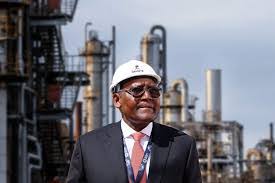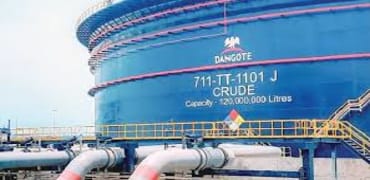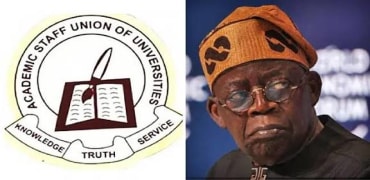Dangote Refinery at One: How a Single Megaproject is Rewriting Nigeria’s Future
Dangote Refinery at One: How a Single Megaproject is Rewriting Nigeria’s Future
Twelve months ago, a paradox began to unravel. For decades, Africa’s largest oil producer, Nigeria, exported crude in tankers only to re-import fuel at inflated prices — a crippling cycle that left the nation cash-strapped, dependent, and perennially plagued by fuel scarcity.
On September 3, 2024, that story began to change. The commencement of petrol production at the $20 billion Dangote Petroleum Refinery marked not just an industrial milestone, but the birth of a new economic reality. In a single year, the refinery has begun to turn Nigeria from an importer into an exporter, from a consumer into a supplier, and from a bystander into a pace-setter in Africa’s energy landscape.
From Scarcity to Surplus
Perched on the Atlantic coast within Lagos’ Lekki Free Trade Zone, the refinery — the largest single-train facility in the world, capable of processing 650,000 barrels of crude daily — has already altered daily life for millions.
Fuel queues, once as familiar as traffic jams, have largely disappeared. Petrol, diesel, and cooking gas prices have dropped, taming inflationary pressures in transport and household energy. South Africa, not Nigeria, now holds the title of Africa’s top fuel importer.
President Bola Ahmed Tinubu hailed the refinery as “a phenomenal project of our time,” while industry leaders see it as proof that audacity and vision can triumph where public policy has long failed.
“Dangote’s success with this refinery teaches us that bold leadership can rewrite destinies,” says Pan-African banker Patrick Akinwuntan.
A Lifeline for the Naira
The refinery’s impact has rippled far beyond the pumps. By cutting Nigeria’s fuel import bill by an estimated $25–$30 billion annually, it has eased pressure on foreign reserves and helped stabilise the Naira after years of volatility.
For the first time in recent memory, Nigeria recorded a surplus in its balance of payments in early 2025, buoyed by refined product exports to West African neighbours.
Central Bank Governor Yemi Cardoso described the shift as “a turning point for Nigeria’s dollar-starved economy,” noting its ripple effect on food and transport costs.
Jobs, GDP, and Industrial Renewal
With an estimated 570,000 direct and indirect jobs created so far, the refinery is more than steel and pipelines — it is an economy in motion. Trucking firms, logistics operators, welders, engineers, and caterers now form a sprawling ecosystem around the facility.
Its contribution to GDP is projected at $15 billion annually, a timely boost for a country still navigating post-COVID shocks, subsidy reforms, and currency devaluations.
But perhaps the deeper story is in skills and knowledge transfer. Thousands of Nigerian engineers and technicians now work with world-class refining technology, reversing decades of dependence on expatriates and stoking hope that Nigeria may yet stem the tide of brain drain.
“This isn’t just about oil — it’s about knowledge, competence, and sovereignty,” says Funmi Sessi of the Nigeria Labour Congress.
Beyond Oil: A Platform for Industrialisation
The refinery produces more than fuel. By generating by-products such as polypropylene, jet fuel, and base oils, it is feeding new life into industries from plastics to aviation, lubricants to agro-processing.
Communities surrounding Lekki are transforming, with new roads, power lines, and water systems springing up where there were none. For many Nigerians, the project is a reminder that infrastructure can be destiny.
Challenges Ahead
The journey is not without hurdles. Ensuring consistent crude supply, avoiding sabotage in export logistics, and cracking down on the influx of substandard imported fuels will remain pressing tests.
Yet the consensus is clear: Nigeria has crossed a historic threshold.
Energy analyst Ibukun Phillips captures the mood: “One year in, it’s hard to imagine going back to the old Nigeria of endless queues and subsidy scams. For the first time in a long time, the future feels like something we can build.”
A Beacon for Africa
Across Africa, leaders are watching closely. The refinery has shown that with ambition and execution, private capital can succeed where decades of public-sector inertia faltered.
ECOWAS Commission President Dr. Omar Touray called the refinery “a beacon of hope for Africa’s future”, highlighting its role in driving regional industrialisation.
One year, one refinery — and a nation transformed. If the past 12 months are any guide, this may only be the beginning of Nigeria’s new chapter.
By Haruna Yakubu Haruna


















